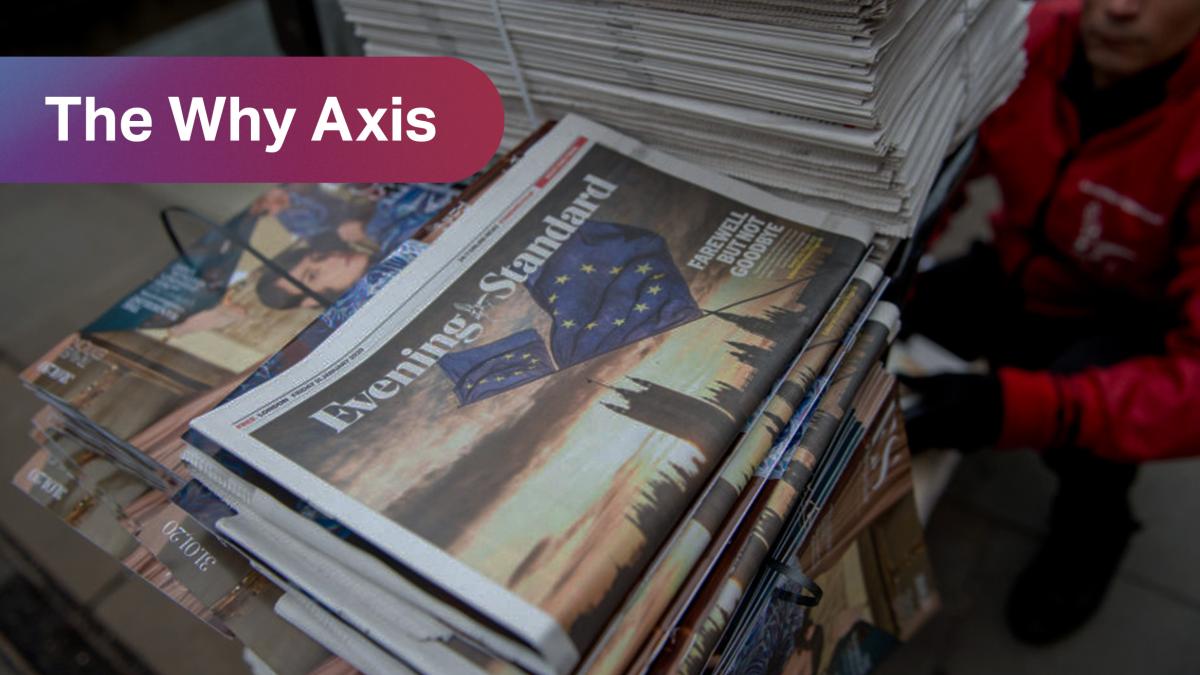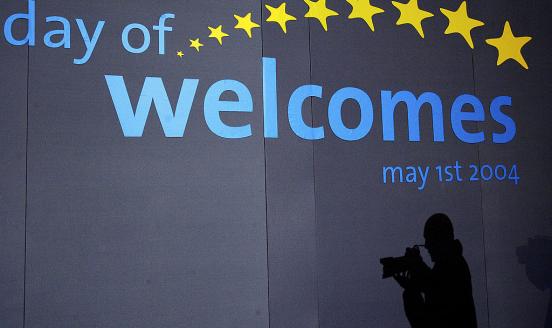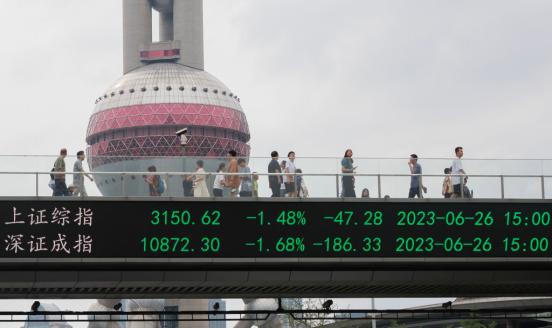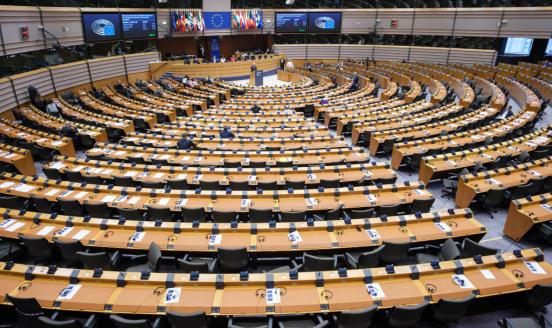What does the Polish election result mean for Europe?


The government of Jarosław Kaczyński was overturned in the Polish elections on 15 October. Donald Tusk, twice the country’s prime minister and president of the European Council, was elected in a record high voter turnout together with a coalition consisting of conservatives, liberals, social democrats, and the Greens.
Probably the most spectacular was the massive attendance by the younger voters from generation Z. The reasons people took to the polls were many. Poland is facing the highest inflation in decades, while anti-European propaganda and the reintroduction of controls on the border between Poland, Germany and Slovakia, have been perceived as a sign that a Polexit was not all that impossible. Like in the 2016 US elections, “the wall” became a focal point of the campaign. The government built a wall on the Polish-Belarussian border, yet only this year some 30k irregular migrants entered Poland thus constituting another migration route to Europe. This made people doubt the government’s ‘fortress Europe’ narrative.
In turn, Donald Tusk offered voters a narrative of a Poland deeply rooted in the EU and proved that the border can be better protected with the support of the EU as there are both money and humanitarian procedures for dealing with such crises. Tusk campaigned referring to the new migration pact or the EU’s post pandemic fund as the European tools that can solve people’s problems. His campaign focused on the core competences of the state: economic well-being (tackling inflation, advancing the green transition, modern education), women’s rights and the protection of borders.
Tusk will bring a wealth of political wisdom from his past experiences as both a national leader and a key figure in the EU during some of the prominent challenges of the bloc: the Greek financial crisis, the migration crisis of 2015, Brexit negotiations, the Trump administration and the 2014 annexation of Crimea by Russia, when he proposed the - still unfinished - energy union. Tusk will most likely now focus on tackling areas which are usually key talking points for populists in Europe: migration, the cost of living, the green transition and the war. Whether he will be successful in helping to turn the populist tide in Europe remains to be seen.



